http://www.washingtontimes.com/news/2009/mar/17/recession-gardens-sprouting-up/
With the recession in full swing, many Americans are returning to their roots - literally - cultivating vegetables in their backyards to squeeze every penny out of their food budgets.
Industry surveys show double-digit growth in the number of home gardeners this year, and mail-order companies report such a tremendous demand that some have run out of seeds for basic vegetables such as onions, tomatoes and peppers.
"People's home grocery budget got absolutely shredded, and now we've seen just this dramatic increase in the demand for our vegetable seeds. We're selling out," said George Ball, chief executive officer of Burpee Seeds, the largest mail-order seed company in the U.S. "I've never seen anything like it."
Gardening advocates, who have long struggled to get America grubby, have dubbed the newly planted tracts "recession gardens" and hope to shape the interest into a movement similar to the victory gardens of World War II.
Those gardens, modeled after a White House patch planted by Eleanor Roosevelt in 1943, were intended to inspire self-sufficiency, and at their peak supplied 40 percent of the nation's fresh produce, said Roger Doiron, founding director of Kitchen Gardeners International.
Mr. Doiron and several colleagues are petitioning President Obama to plant a similar garden at the White House as part of his call for a responsible, eco-friendly economic turnaround. Proponents have collected 75,000 signatures on an online petition.
"It's really part of our history and it's part of the White House's history," Mr. Doiron said. "When I found out why it had been done over the course of history and I looked at where we are now, it makes sense again."
ASSOCIATED PRESS PHOTOGRAPHS Adriana Martinez, an accountant, says her neighborhood gardening co-op in Long Beach, Calif., has fostered a sense of community and helped her reduce her grocery bill to $40 a week. "We're helping to feed each other, and what better time than now?" she said.
But for many Americans, the appeal of backyard gardening isn't in its history - it's in the savings.
The National Gardening Association estimates that a well-maintained vegetable garden yields a $500 average return per year. A study by Burpee Seeds claims that $50 spent on gardening supplies can multiply into $1,250 worth of produce annually.
Mr. Doiron spent nine months weighing and recording each vegetable he pulled from his 1,600-square-foot garden outside Portland, Maine. After counting the final winter leaves of Belgian endive, he found he had saved about $2,150 by growing produce for his family of five instead of buying it.
Adriana Martinez, an accountant who reduced her grocery bill to $40 a week by gardening, said there's peace of mind in knowing where her food comes from. She said the effort has fostered a sense of community through a neighborhood veggie co-op.
"We're helping to feed each other, and what better time than now?" Miss Martinez said.
A new report by the National Gardening Association predicts a 19 percent increase in home gardening in 2009, based on spring seed sales data and a telephone survey. One-fifth of respondents said they planned to start a food garden this year, and more than half said they already were gardening to save on groceries.
Community gardens nationwide are also seeing a surge of interest. The waiting list at the 312-plot Long Beach Community Garden has nearly quadrupled, and no one is leaving, said Lonnie Brundage, who runs the garden's membership list.
"They're growing for themselves, but you figure if they can use our community garden year-round they can save $2,000 or $3,000 or $4,000 a year," she said. "It doesn't take a lot for it to add up."
Seed companies say this renaissance has rescued their vegetable business after years of drooping sales. Orders for vegetable seeds have skyrocketed, while orders for ornamental flowers are flat or down, said Richard Chamberlin, president of Harris Seeds, in Rochester, N.Y.
Business there has increased 40 percent in the last year, with the most growth among vegetables such as peppers, tomatoes and kitchen herbs that can thrive in small urban plots or patio containers, he said. Harris Seeds recently had to reorder pepper and tomato seeds.
"I think if things were fine, you wouldn't see people doing this. They're just too busy," Mr. Chamberlin said. "Gardening for most Americans was a dirty word because it meant work, and nobody wanted more work - but that's changed."
Harris Seed's Web site now gets 40,000 hits a day.
Among larger companies, Burpee saw a 20 percent spike in sales in the last year and started marketing a kit for first-time gardeners called "The Money Garden." It has sold 15,000 in about two months, Mr. Ball said.
A Web-based retailer called MasterGardening.com is selling similar packages, and Park Seed, of Greenwood, S.C., is marketing a "Garden for Victory Seed Collection." Slogan: "Win the war in your own backyard against high supermarket prices and nonlocal produce."
Cultivators with years of experience worry that home gardeners lured by promises of big savings will burn out when they see the amount of labor required to get dollars from their dirt. The average gardener spends nearly five hours a week grubbing in the dirt and often contends with failure early on, said Bruce Butterfield, a spokesman for the National Gardening Association.
"The one thing you don't factor into it is the cost of your time and your labor," he said. "But even if it's just a couple of tomato plants in a pot, that's worth the price of admission."
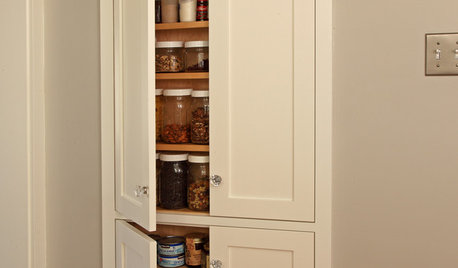
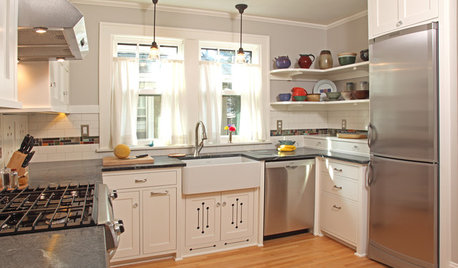
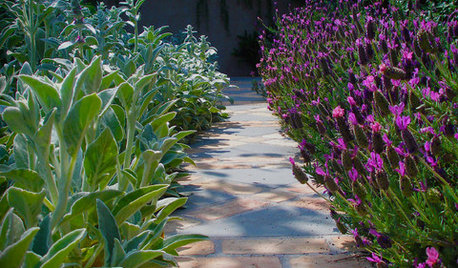

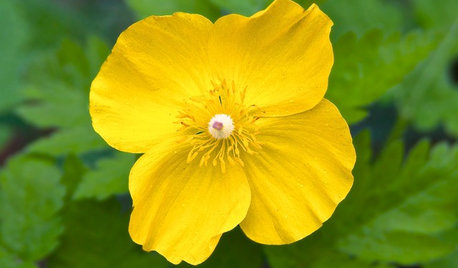
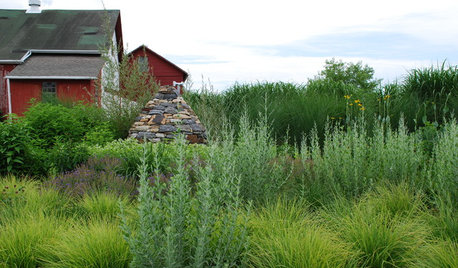
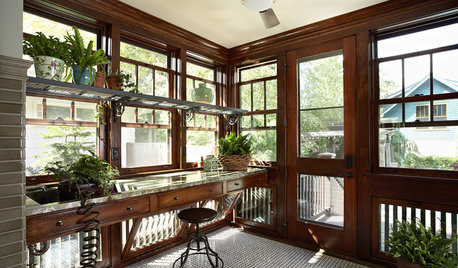
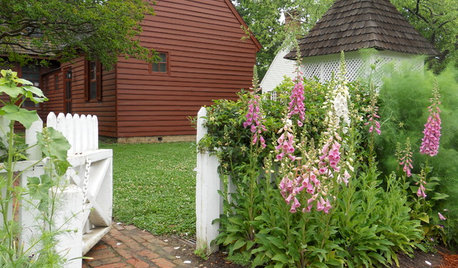
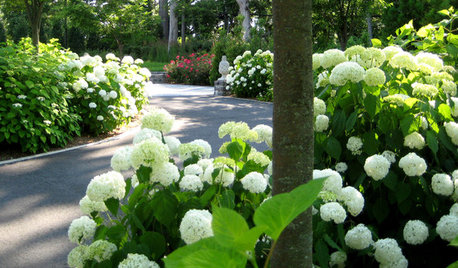




dinas
lilion
Related Discussions
First Garden too wet: how quick does your soil dry out?
Q
Six pack question
Q
Recession 'Victory' Gardens
Q
update on my sisters heart
Q
m_lorne
clumsygrdner
caavonldy
solanaceae
reign
ausbirch
kayhh
tisiree
lilacs_of_may
nullzero
clumsygrdner
bumble_doodle
tomacco
sconnielill
vic01
marlingardener
pnbrown
pam225
pnbrown
ausbirch
handh3842
susaneden
heather38
jollygreenpimpOriginal Author
pnbrown
reign
joannaqcw
heather38
squashbug
zeedman Zone 5 Wisconsin
pnbrown
zeedman Zone 5 Wisconsin
gardengal8
pnbrown
heather38
blondmom
lisazone6_ma
apple20
pnbrown
keepitlow
lazyhat
hamiltongardener
pnbrown
jollygreenpimpOriginal Author
nc_crn
nc_crn
pnbrown
greenbean08_gw